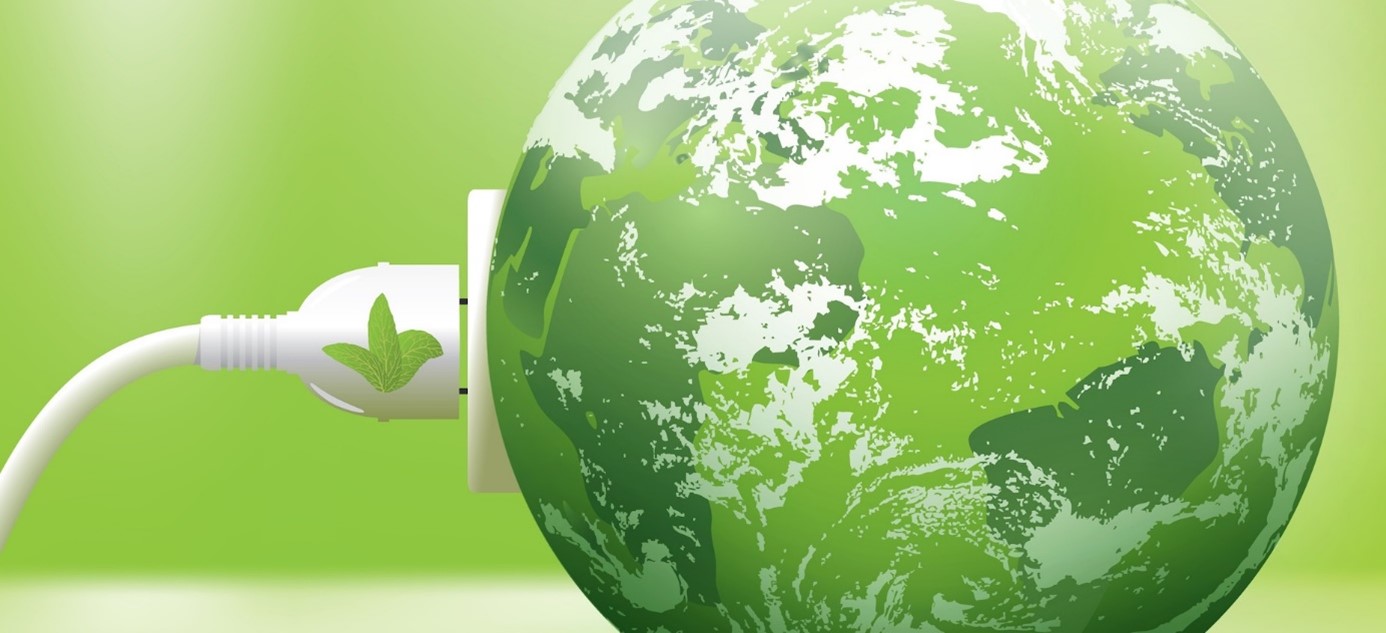Contrary to popular belief, improving energy efficiency does not mean giving up our comfort and quality of life in everyday life. Improving energy efficiency is based, among other things, on optimizing production processes and energy consumption, using renewable energy sources instead of fossil fuels, and promoting responsible consumption and recycling
And we all play a role – each individual can contribute to energy efficiency. There are many simple actions we can take throughout the year, not just on World Energy Efficiency Day, but let us take this opportunity as a reminder:
- Use daylight hours for tasks that require more light.
- Turn off lights and electrical appliances when they are not in use. Another way to contribute to energy efficiency is to use LEDs instead of traditional lamps or incandescent bulbs. This alternative can save up to 80% energy compared to traditional lighting and is also more environmentally friendly thanks to the materials used to make them.
- Replace old appliances with more efficient ones that consume less energy.
- As for transportation, the most efficient way is to give preference to public transport, walking or cycling. If we choose to drive a car, there are some driving habits that also contribute to energy efficiency: keep a steady pace and do not drive at excessive speeds; keep the windows closed and set the air conditioning to an average temperature of 21ºC; and ensure that tires and engine are properly maintained.
In addition to the environmental benefits, these measures can also result in financial savings. For example, if you use less energy, that means a lower electric bill.
Optimize your energy consumption and make a positive contribution to environmental protection with a smart electricity meter
Upgrading to a smart meter is also a great way to help reduce our environmental footprint. Smart meters are the foundation when it comes to managing your own energy consumption. At Iskraemeco, we are sure that every consumer wants to improve their energy consumption. To achieve this, consumers must have real-time information and learn to understand it. If consumers do not have access to the data, it is impossible to understand and take advantage of it.
A smart metering system is an electronic system capable of measuring electricity fed into the grid or electricity consumed from the grid, providing more information than conventional meters. Such a system is capable of transmitting and receiving data for information, monitoring, and control purpose, using a form of electronic communication, and comes with a range of benefits for the energy system and its users. Smart meters can provide close to real-time feedback on energy consumption and enable those consumers interested to better manage their use, save energy and lower their bills.
Having a smart meter increases the chances of saving incomparable amounts of carbon. Smart meters are the only device that enables the integrating of low-carbon technologies and renewable sources of energy into the decentralized and digitalized electric network. Delta-ee’s report Smart Meter Benefits shows that 25 % CO2 saving by 2035 (compared to CO2 levels of 2015) will happen only because smart meters will enable more efficient use of energy in households and therefore reduce the effect of electric heating on the grid.
They provide real-time information on consumption and the cost of the energy used. Based on this, consumers can then improve their energy consumption, which is important to meet CO2 reduction targets.



